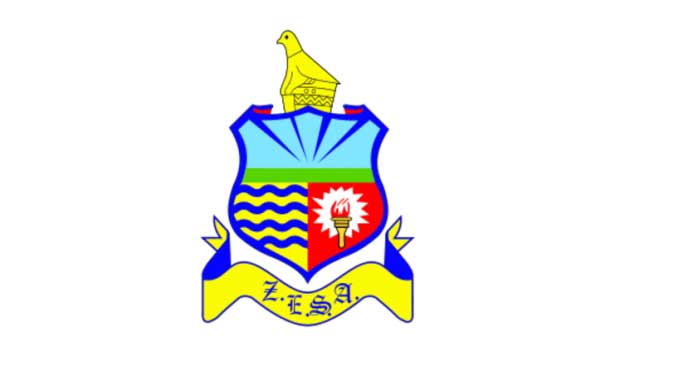- WICKNELL CHIVAYO left school at 15
- DISGRUNTLED Zimbabwe police stage uniform protest.
- MNANGAGWA wife Auxillia drops charges against nine women who boed her in Manicaland
- O.J. Simpson dies of cancer , aged 76.
- South Africa ANC is the cause of ZIMBABWE troubles claims Zimbabwe opposition politician Job Sikhala
Zesa Seeks Cabinet Approval For 14% Hike Of Electricity Tarrifs

ELECTRICITY charges will increase by about 14 percent if Cabinet rubberstamps the Zimbabwe Energy Regulatory Authority-approved application for a tariff hike which was made by Zesa Holdings.
According to impeccable sources, an inter-Ministerial Committee is currently studying Zera’s determination to have electricity charges raised from 9,83 cents per kilowatt per hour to 11,2c.
Zesa Holdings, through the Zimbabwe Electricity Transmission and Distribution Company (ZETDC), had applied for a tariff increase of 14,6c/kWh to help finance imports to mitigate power shortages and expand generation capacity.
“We’ve an inter-ministerial taskforce that is studying what has been brought by Zera through the Ministry of Energy and Power Development to ensure that there’s a win-win situation to both the power utility and the consumers,” said a source.
“The truth of the matter is that Zera, after conducting their stakeholder consultations, made a determination to peg the price at 11,2c/kWh. An inter-ministerial committee, senior officials from about four ministries, are meeting with members of the Office of the President and Cabinet to look at this development and they agreed on that figure. The ministries involved include that of Energy and Power Development, Agriculture, Mechanisation and Irrigation Development, Industry and Commerce as well as that of Information Communication Technology, Postal and Courier Services.”
Added the source: “The agreement is that the Ministers, after their deliberations and finding a common position, will take the position to Cabinet for endorsement, through the ideal ministry. In essence the 11,2c/kWh is waiting for Cabinet approval only. Zera had promised to come back with a determination two weeks after their consultations in January but now it’s more than four months. The reason being that they had to find a win-win situation.”
Zera has repeatedly said it is still consolidating stakeholders’ input before making a determination.
ZETDC managing director Engineer Julian Chinembiri said they were still waiting for a response to their application.
He said the delay in announcing the tariff was affecting their operations.
“They (Zera) recently wrote to us saying they’ll soon give us a tariff and we’re still waiting,” he said.
“On our part, if we don’t get that tariff it means our operations will be affected heavily. The cost of the power which we’re now importing is high and we also need money to meet maintenance costs. Failure to do so will see us returning to the load shedding era because all our imports, which are significantly contributing to the current stability in power supplies, are prepaid.
“Without a tariff, we won’t be able to pay in advance. In short, we’re channelling most of our revenue to power imports at the moment and we’ve put a number of things on hold.”
Zimbabwe is spending millions of dollars importing power mainly from South Africa (300MW) and Mozambique (40MW) on a cash basis model.
The development has seen Zesa cutting down on load shedding consumers since December last year.
The situation is unsustainable as the import tariffs are higher than what is currently obtaining especially when the power utility is saddled with a more than $1 billion debt.
The power utility is currently working on supply side interventions that entail expanding capacity at Kariba South hydro power station by 300MW and Hwange by 600MW.
Eng Chinembiri said power cuts being experienced in some areas were a result of faults not load shedding.
“We now have a stable power supply since the end of last year and our hope is this will continue,” he said.
“During this period, we aren’t load shedding and people with no electricity should report to nearest depots because it’ll be due to faults. We don’t have systems to monitor low voltage faults in homes and that’s why we’re appealing to our consumers to report.” by Felex Share. Source: chronicle